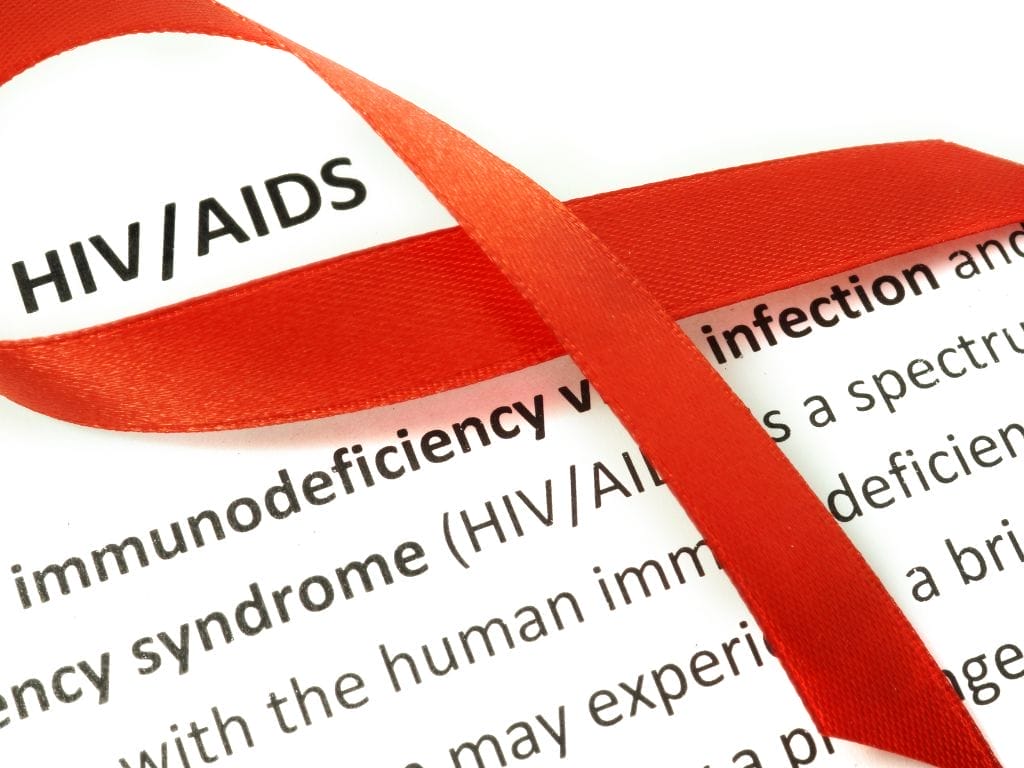10 Facts about HIV All Singaporeans Should Know
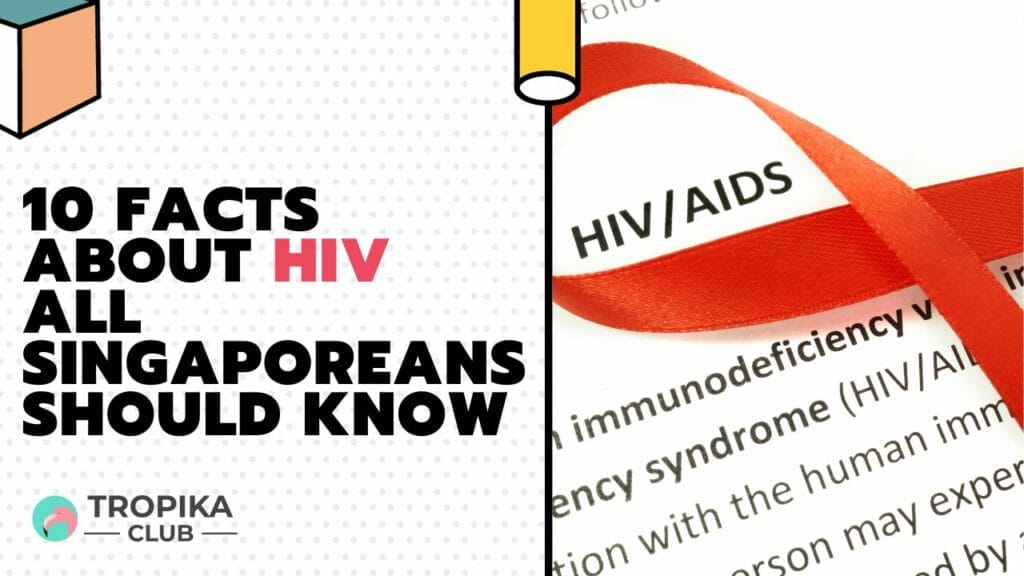
No Time to Read? Here’s a Snappy Summary of This Article
- HIV Transmission Myths: Unprotected sex and sharing needles are common misconceptions; HIV can also be transmitted through breastfeeding and childbirth.
- Advancements in Treatment: Antiretroviral therapy has transformed HIV into a manageable condition, allowing patients to lead fulfilling lives.
- Prevention Beyond Condoms: Pre-exposure prophylaxis (PrEP) offers effective protection for those at high risk of HIV.
- Stigma and Discrimination: HIV-positive individuals still face prejudice, challenging global efforts to combat the epidemic.
- Youth and HIV: Young people are a high-risk group; comprehensive sex education is crucial to prevention.
- Global Impact: HIV remains a significant public health issue worldwide, demanding continued awareness, funding, and research.
Table of Contents
- No Time to Read? Here’s a Snappy Summary of This Article
- 1. Fact 1: Modes of Transmission
- 2. Fact 2: Symptoms and Early Signs
- 3. Fact 3: HIV vs AIDS
- 4. Fact 4: Testing Options
- 5. Fact 5: Treatment is Available
- 6. Fact 6: Prevention Methods
- 7. Fact 7: Stigma and Discrimination
- 8. Fact 8: Legal Implications
- 9. Fact 9: HIV in Singapore
- 10. Fact 10: Support and Resources
- Conclusion
- Meanwhile, Check Out Tropika Club’s Ecosystem of Websites
Introduction
HIV, or Human Immunodeficiency Virus, has been a global health concern for decades. While advancements in medical science have made it more manageable, ignorance and misinformation still abound. In Singapore, where health and wellness are top priorities, it’s crucial to be well-informed about this virus. This article aims to shed light on 10 essential facts about HIV that every Singaporean should know.
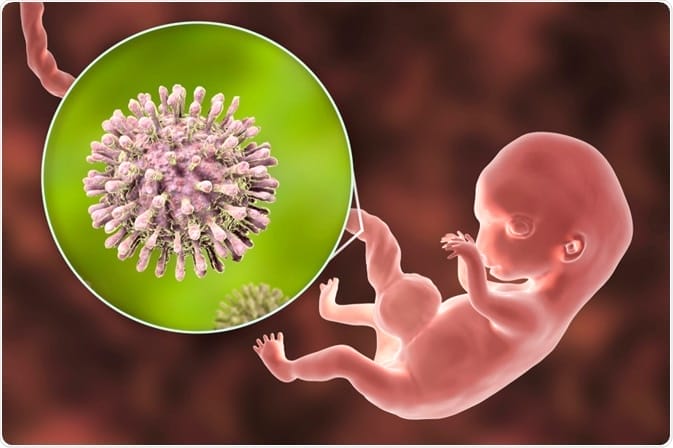
1. Fact 1: Modes of Transmission
HIV is primarily transmitted through unprotected sexual intercourse, sharing of needles, and from an infected mother to her child during childbirth or breastfeeding. It’s not transmitted through casual contact, like hugging or shaking hands. Knowing the modes of transmission can help Singaporeans take the necessary precautions.
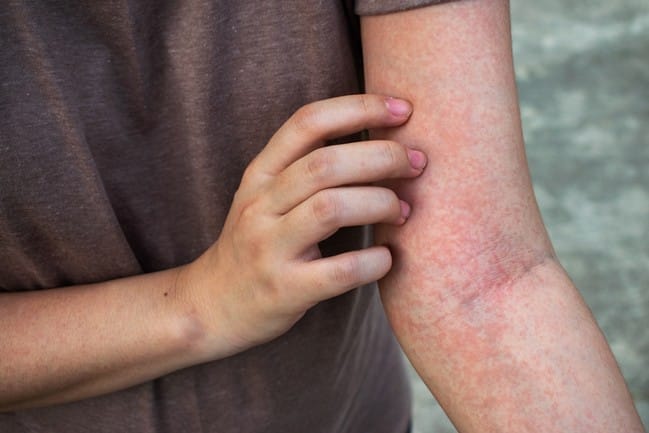
2. Fact 2: Symptoms and Early Signs
Early signs of an HIV infection can often mimic those of the flu, encompassing symptoms such as elevated body temperature, a scratchy or sore throat, and a general sense of tiredness or fatigue. These initial symptoms, while concerning, should not be conclusively interpreted as evidence of an HIV infection. It’s important to understand that these flu-like symptoms are not exclusive or definitive markers for HIV, and many other conditions could present in a similar manner. The sole method for accurately diagnosing an HIV infection is through medical testing, which usually involves blood tests or oral swabs. Recognizing the importance of early detection cannot be overstated, as it plays a pivotal role in the effective management and treatment of the condition. Prompt diagnosis allows for timely intervention, which can significantly improve the efficacy of treatment plans and overall health outcomes.
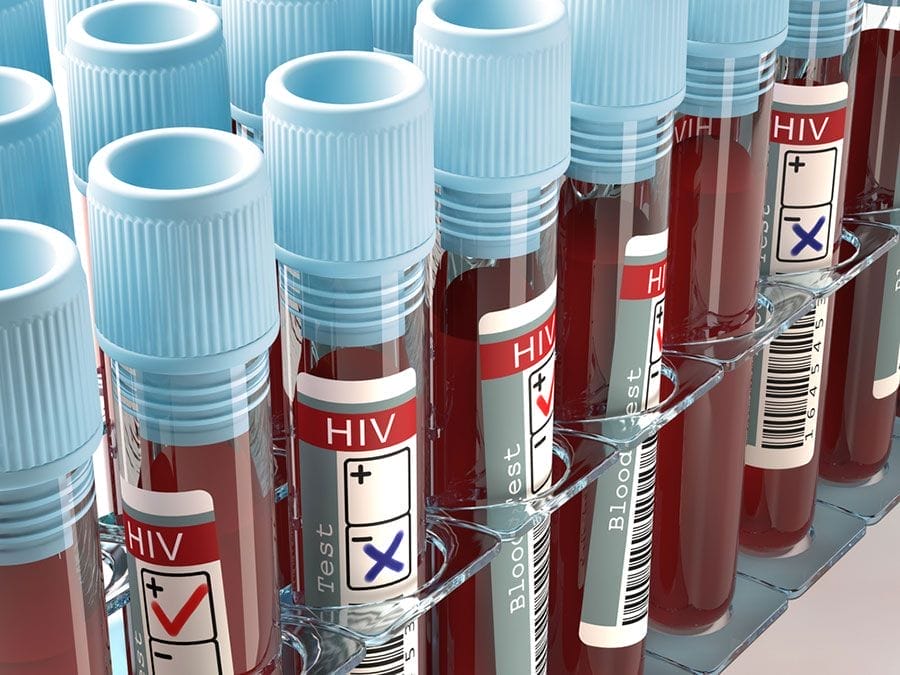
3. Fact 3: HIV vs AIDS
HIV (Human Immunodeficiency Virus) and AIDS (Acquired Immunodeficiency Syndrome) are often mistakenly considered synonymous, but they are actually distinct conditions. HIV is a viral infection that has the potential to eventually lead to the development of AIDS, a more severe and life-threatening stage of the illness. However, it’s crucial to understand that not every individual who contracts HIV will necessarily progress to the AIDS stage of the disease. With the advent of advanced medical treatments, antiretroviral therapies, and positive lifestyle modifications, a significant number of people diagnosed with HIV are able to manage their condition effectively. As a result, they can lead long, fulfilling lives without ever transitioning to the more debilitating stage known as AIDS. Therefore, while HIV and AIDS are related, they are not the same; and with appropriate medical intervention and lifestyle changes, the progression from HIV to AIDS can often be prevented or significantly delayed.
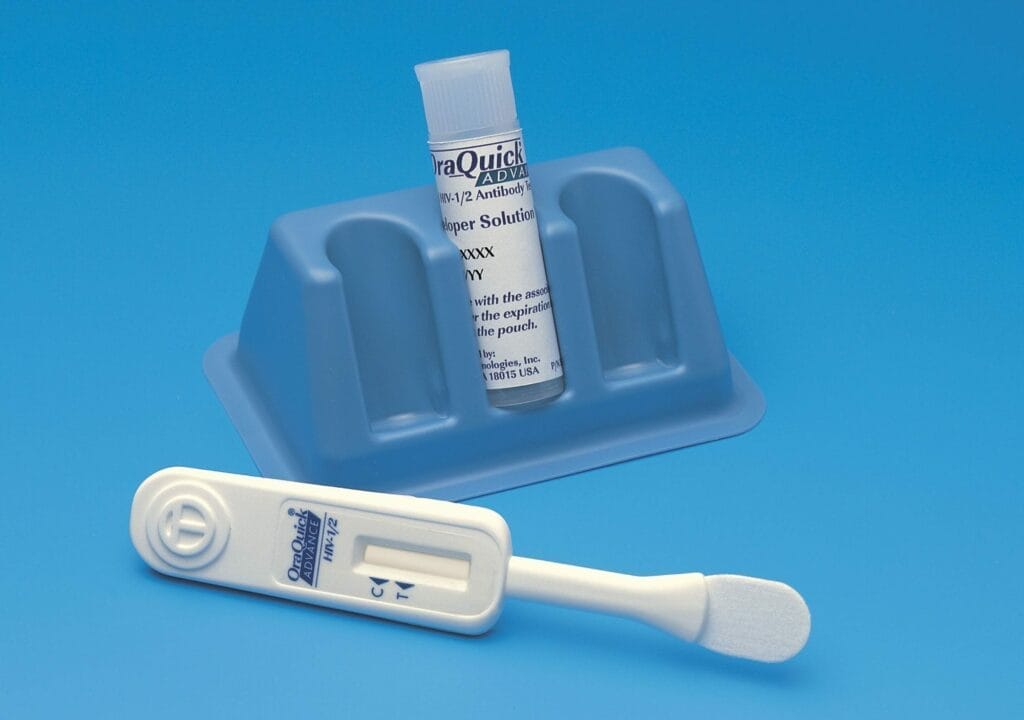
4. Fact 4: Testing Options
Singapore offers various HIV testing options, including rapid tests and standard blood tests. Confidentiality is assured, and it’s advisable to get tested regularly if you’re sexually active or engage in high-risk behaviors.

5. Fact 5: Treatment is Available
Antiretroviral therapy (ART) is the standard treatment for HIV. While it doesn’t cure the virus, it can control it and allow individuals to lead a normal life. Early treatment is crucial for better outcomes.

6. Fact 6: Prevention Methods
Condoms are the most effective way to prevent HIV transmission during sexual activities. Pre-exposure prophylaxis (PrEP) and post-exposure prophylaxis (PEP) are also available as preventive measures. Always consult healthcare providers for personalized advice.
_
Read Also:
6 Things Everyone Gets Wrong About Cats
_
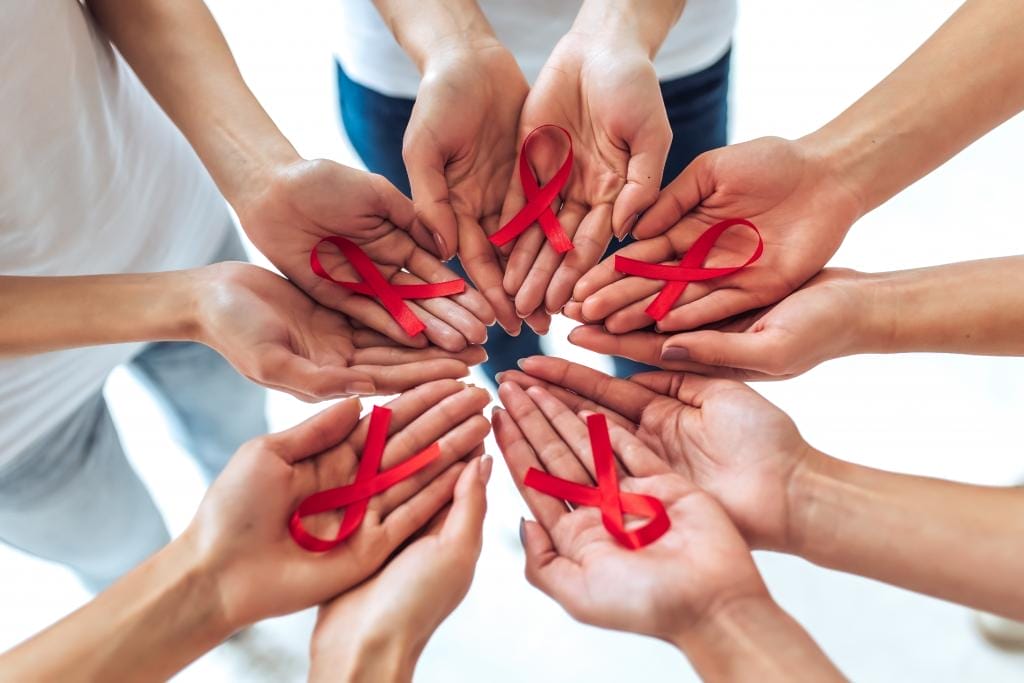
7. Fact 7: Stigma and Discrimination
Despite advancements in education and awareness, stigma and discrimination against HIV-positive individuals persist. It’s essential to challenge these attitudes and foster a more inclusive society.
:max_bytes(150000):strip_icc()/doctor-talking-with-patient-97421261-b5860ebbdb924e4dacc75923c076d655.jpg)
8. Fact 8: Legal Implications
In Singapore, it’s illegal to not disclose your HIV status to sexual partners. Failure to do so can result in legal consequences. Transparency and honesty are vital in combating the spread of the virus.
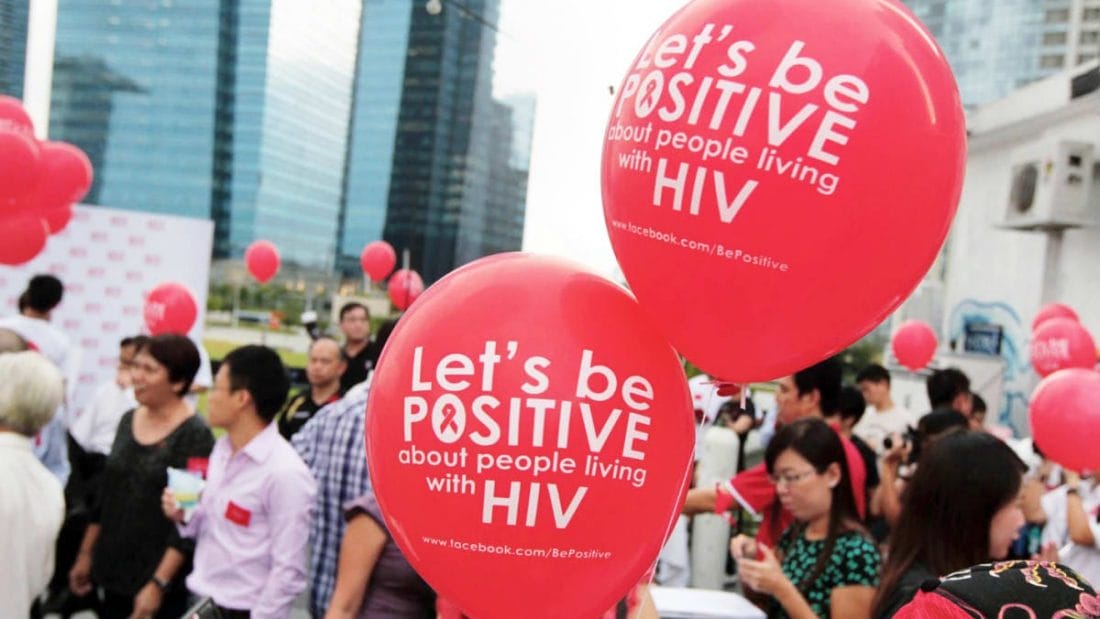
9. Fact 9: HIV in Singapore
According to the Ministry of Health in Singapore, there has been a noticeable downward trend in the number of new HIV cases, signaling some progress in the battle against the disease. However, it’s crucial to understand that the struggle to completely eradicate HIV is still ongoing and far from reaching its conclusion. Public awareness and comprehensive educational initiatives play a pivotal role in further diminishing the rate of new HIV infections. By fostering a well-informed community and disseminating accurate information about prevention methods, risk factors, and treatment options, we can significantly contribute to the ongoing efforts to reduce the incidence of HIV in the population.

10. Fact 10: Support and Resources
Various organizations and clinics in Singapore offer support and resources for HIV-positive individuals and their families. From counseling to financial aid, help is available.
Conclusion
Knowledge is power, especially when it comes to health. By understanding these 10 crucial facts about HIV, Singaporeans can make informed decisions that not only protect themselves but also contribute to a healthier, more informed society. Let’s dispel the myths and stigmas surrounding HIV and focus on education and prevention.

Frequently Asked Questions (FAQ)
Q: What is HIV and AIDS?
A: HIV stands for Human Immunodeficiency Virus, which weakens the immune system. AIDS, or Acquired Immunodeficiency Syndrome, is the final stage of HIV infection when the immune system is severely damaged.
Q: How is HIV transmitted in Singapore?
A: HIV is primarily transmitted through unprotected sex, sharing needles, or from mother to child during childbirth or breastfeeding. It is not spread through casual contact like hugging, shaking hands, or sharing utensils.
Q: Where can I get tested for HIV in Singapore?
A: You can get tested for HIV at various healthcare facilities in Singapore, including public clinics, private clinics, and specialized testing centers. Many organizations also offer anonymous testing.
Q: What is PrEP, and is it available in Singapore?
A: PrEP (Pre-Exposure Prophylaxis) is a preventive medication for those at high risk of contracting HIV. In Singapore, PrEP is available and can be obtained from certain healthcare providers.
Q: Can you get HIV from kissing or oral sex?
A: The risk of contracting HIV through kissing or oral sex is extremely low. However, there is still some risk involved, especially if there are open sores or cuts in the mouth.
Q: What are the laws and regulations regarding HIV in Singapore?
A: In Singapore, there are laws in place to prevent the spread of HIV, including mandatory HIV testing for certain groups, such as foreign workers. It’s essential to be aware of these regulations to avoid legal complications.

Have an Article to Suggest?
Tropika Club is always looking for new and exciting content to feature in their magazine and they value the input of our readers. If you have any noteworthy content or articles that you believe would be a great addition to Tropika Club’s magazine, we are open to suggestions and encourage you to reach out to us via email at [email protected]. By doing so, Tropika Club values your expertise and knowledge in the matter and appreciates your willingness to help. We will review your recommendations and update our list accordingly
Meanwhile, Check Out Tropika Club’s Ecosystem of Websites
Tropika Club Magazine – Tropika Club Magazine is a Singapore-based publication that features articles on a wide range of topics with a focus on local businesses and content for the region. The magazine emphasizes supporting local businesses through its #SupportLocal initiative, which includes coverage of everything from neighborhood hawker stalls to aesthetic clinics in town. In addition to highlighting local businesses, Tropika Club Magazine also covers a variety of local content, including beauty, lifestyle, places, eats, and what’s on in Singapore and the Asia Pacific region.



